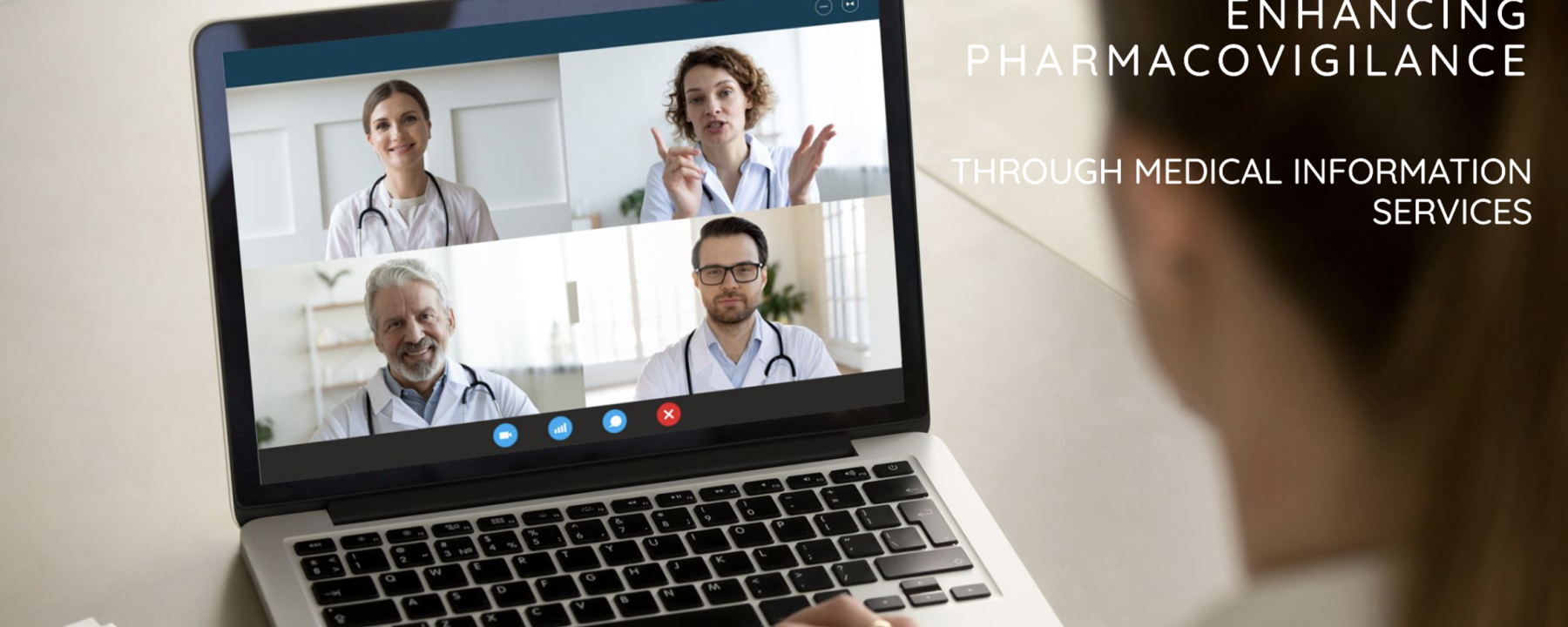
How Medical Information Services Enhance Pharmacovigilance?
Pharmacovigilance is a cornerstone of drug safety, ensuring that patients benefit from the safest possible medications while minimizing risks. Medical Information Services play a pivotal role in strengthening pharmacovigilance systems, particularly in regions such as Mexico, Brazil, and LATAM. Through tailored services like Medical Inquiry Handling, Scientific Literature Review, and Adverse Event Reporting, organizations such as PRO PHARMA RESEARCH ORGANIZATION deliver critical support to bio-pharma companies. This article explores how these services enhance pharmacovigilance and provide real-world examples to illustrate their impact.
The Role of Medical Information Services in Pharmacovigilance
Effective pharmacovigilance relies on robust data collection, interpretation, and dissemination. Medical Information Units (MIUs) contribute by providing accurate, timely, and comprehensive information to healthcare professionals, patients, and regulatory authorities. This ensures that adverse drug reactions (ADRs) are identified, reported, and mitigated promptly.
1. Medical Inquiry Handling
Pharmaceutical companies frequently receive inquiries from healthcare professionals and patients regarding the proper use, safety, and efficacy of their products. These inquiries often highlight potential ADRs or safety concerns.
- Example 1: A healthcare professional in Brazil reports a rare side effect associated with a new drug. The MIU collects detailed information and forwards it to the pharmacovigilance team for analysis, enabling timely updates to the drug’s safety profile.
- Example 2: A patient in Mexico contacts the MIU regarding unexpected symptoms while taking medication. By logging this inquiry, the MIU contributes to the detection of a possible drug interaction.
2. Scientific Literature Review
Ongoing literature review is critical for monitoring the evolving safety landscape of pharmaceutical products. By systematically analyzing published studies, MIUs ensure that relevant data is incorporated into pharmacovigilance efforts.
- Example: In a systematic review, researchers identify an increased risk of cardiovascular events associated with a widely used drug. The MIU compiles and analyzes the findings, enabling bio-pharma companies to assess the need for regulatory action.

3. Adverse Event Reporting
Efficient collection and reporting of ADRs are central to pharmacovigilance. MIUs streamline this process by serving as the first point of contact for adverse event data.
- Example 1: A healthcare provider in LATAM reports an unexpected side effect of a vaccine. The MIU ensures that the event is documented and reported to health authorities, complying with local regulations.
- Example 2: A multinational pharmaceutical company relies on an MIU’s adverse event reporting system to detect trends across LATAM countries, leading to a more proactive approach in managing drug safety.
Conclusion
Medical Information Services are indispensable for enhancing pharmacovigilance, offering targeted solutions such as Medical Inquiry Handling, Scientific Literature Review, and Adverse Event Reporting. By integrating these services, bio-pharma companies operating in Mexico, Brazil, and across LATAM can improve patient safety and regulatory compliance.
At PRO PHARMA RESEARCH ORGANIZATION, we specialize in providing Medical Information for bio-pharma in these regions. Contact us for more information and gain access to our comprehensive services to strengthen your pharmacovigilance efforts.
contacto@propharmaresearch.com